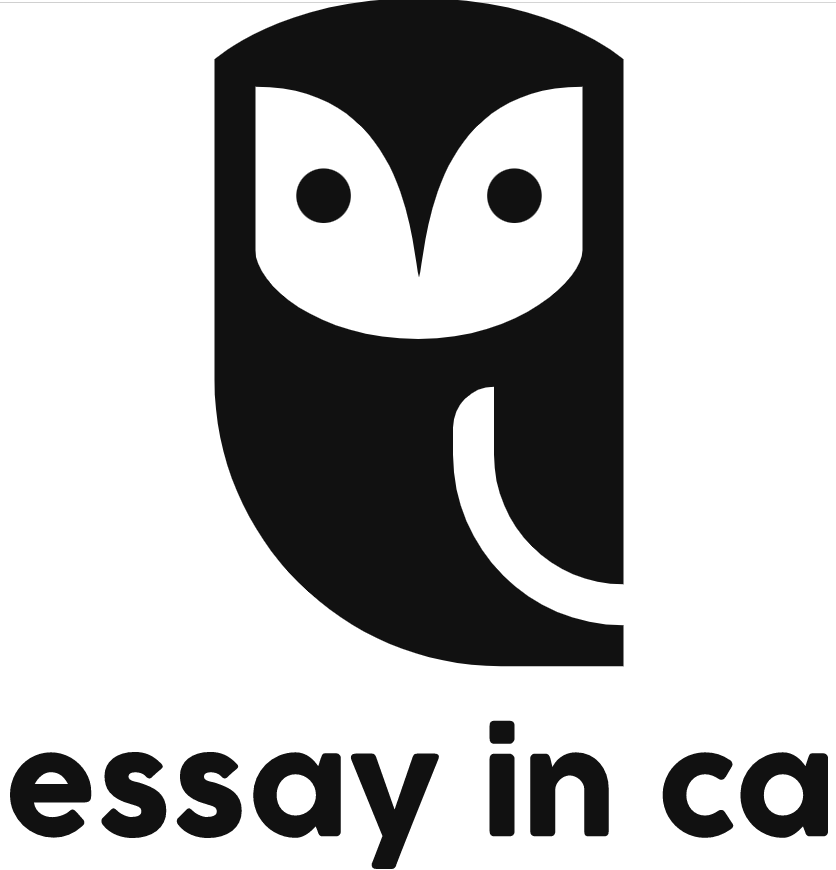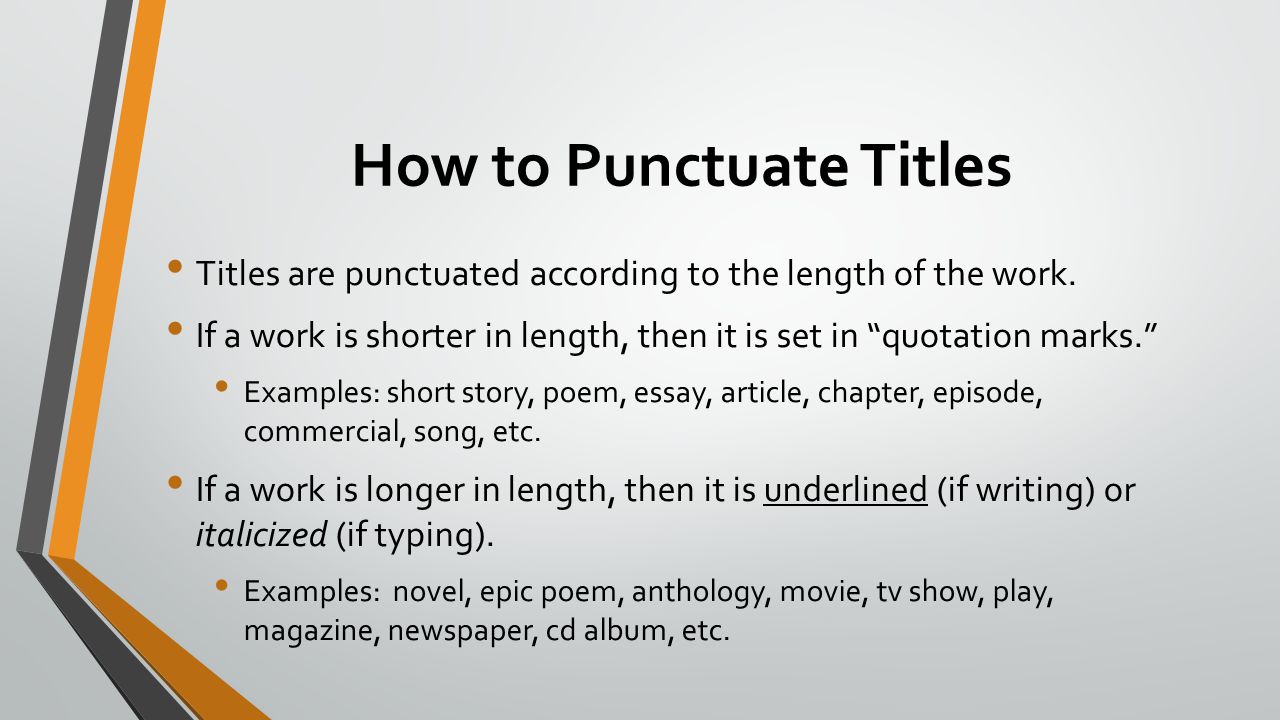If you are writing an essay about a book you have read, you might want to know how to write a book title in your essay. APA style calls for the author’s last name and first initial, the title of the book, and the year it was published. Here are some tips:
Italicize the full title
When writing an essay, you should always italicize the full title of a work of literature. Generally, this means capitalizing the first word of the title. You should also capitalize all proper nouns, noun phrases, adjectives, and verbs, including four-letter words. Listed below are some tips to italicize the full title of a book.
Italicizing the full title of a work is appropriate in most circumstances. The Chicago Manual of Style describes proper capitalization and italicization for works of any length. In addition, long works and titles of antiquity are generally italicized. As for headlines, you should use quotation marks to indicate these works. You can also use asterisks to indicate that the title of the work is a quotation.
Place it in quotation marks
Whether writing an essay, article, or poem, it is proper to place a book title in quotation marks. The quotation marks surround the title, and they set it apart from the rest of the text. You may also use quotation marks to set off the title of a song, poem, or other work. For works that are longer than three words, use double quotation marks. When quoting a book, make sure to cite the title with a period.
Regardless of the style of your essay, you should always format the book title properly. The Modern Language Association suggests italicizing book titles and newspaper titles. The Chicago Manual of Style suggests using quotation marks for most materials, with the exception of the Bible and reference materials. When writing an essay, it is important to check the formatting rules of the essay style before you begin writing it. After you have written the essay, you should make sure the book title looks professional.
Use alliteration
To make your essay sound more clever and eloquent, you can use the literary device of alliteration. Alliteration is a form of figurative language that uses sound to convey meaning and emphasis. It also helps to intensify the effect of words by causing them to sound similar. In short, alliteration makes your essay sound better by making the words sound alike.
Alliteration works best when the letters are similar but are not as commonly used. A good example of this is the word pterodactyl. This word is not used frequently in the world, but it has the same sound as kangaroo. In this example, the alliteration works because the “p” and the “d” are the same. For example, the book title “The Flying Machine” contains the word pterodactyl, which rhymes with the word pterodactylus.
Capitalize the first letter of each word
The style guide recommends capitalizing the first letter of every book title in an essay. The first and last words of the title should be capitalized, while all other words are lowercase. Proper nouns are always capitalized, while all other words are lowercased. The only exceptions are articles, prepositions, and conjunctions. If you want to capitalize all of these words in an essay, follow the examples below.
You can capitalize the first letter of each book title in your essay, but not the rest. It is best to capitalize the first letter of each book title when used before a person’s name. Generally, however, you should not capitalize the first letter of a book title if the author’s name is not included in the title. For example, “Two and a Half Men” would be capitalized while “Orlando: A Biography” would be lowercase.
Avoid making people feel awkward
An awkward sentence contains errors of logic and imprecision. Key terms are obscure and should be defined clearly. Say what you mean, but in a way that doesn’t make people feel uncomfortable. Awkwardness is not solely due to an incorrect expression, but it can also indicate a disconnect between the writer and the reader. Avoid making people feel awkward when writing a book title in an essay by following these suggestions.
Examples of good book titles
The best books have catchy titles, but many writers struggle to come up with their own. While there are numerous examples of witty and creative titles, there are also a handful of guidelines you should follow. First, keep in mind the objectives of the book. While titles are important for marketing purposes, they should also serve as a good cue for the content of the book. A book title that is informative and easy to say, such as “Outliers” by Malcolm Gladwell, promotes cognitive fluency. People respond better to words or phrases they can pronounce.
Some books use a famous title to make their titles stand out. For example, the title of “The Fault in Our Stars” is a classic metaphor, signaling the series’ subject. Readers who identify with the character of the book may relate to the title. Using other works in a book title may also allow the author to use a beautiful poetic turn of phrase or allude to a theme of the original work. The same goes for “For Whom the Bell Tolls,” by Ernest Hemingway. Another example is the title of “His Dark Materials” by Philip Pullman.

